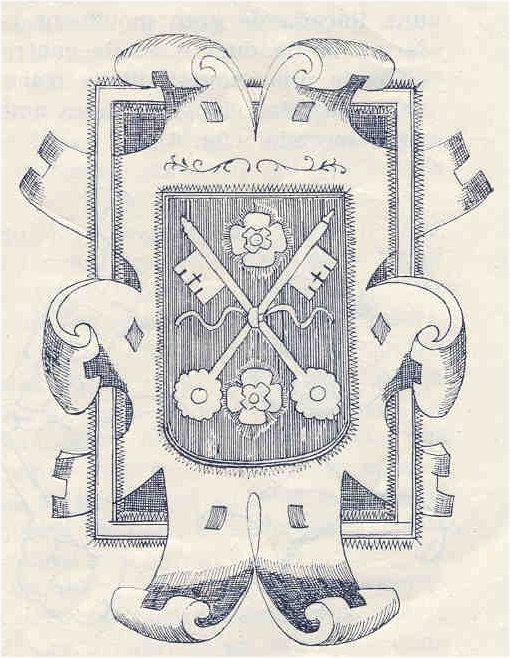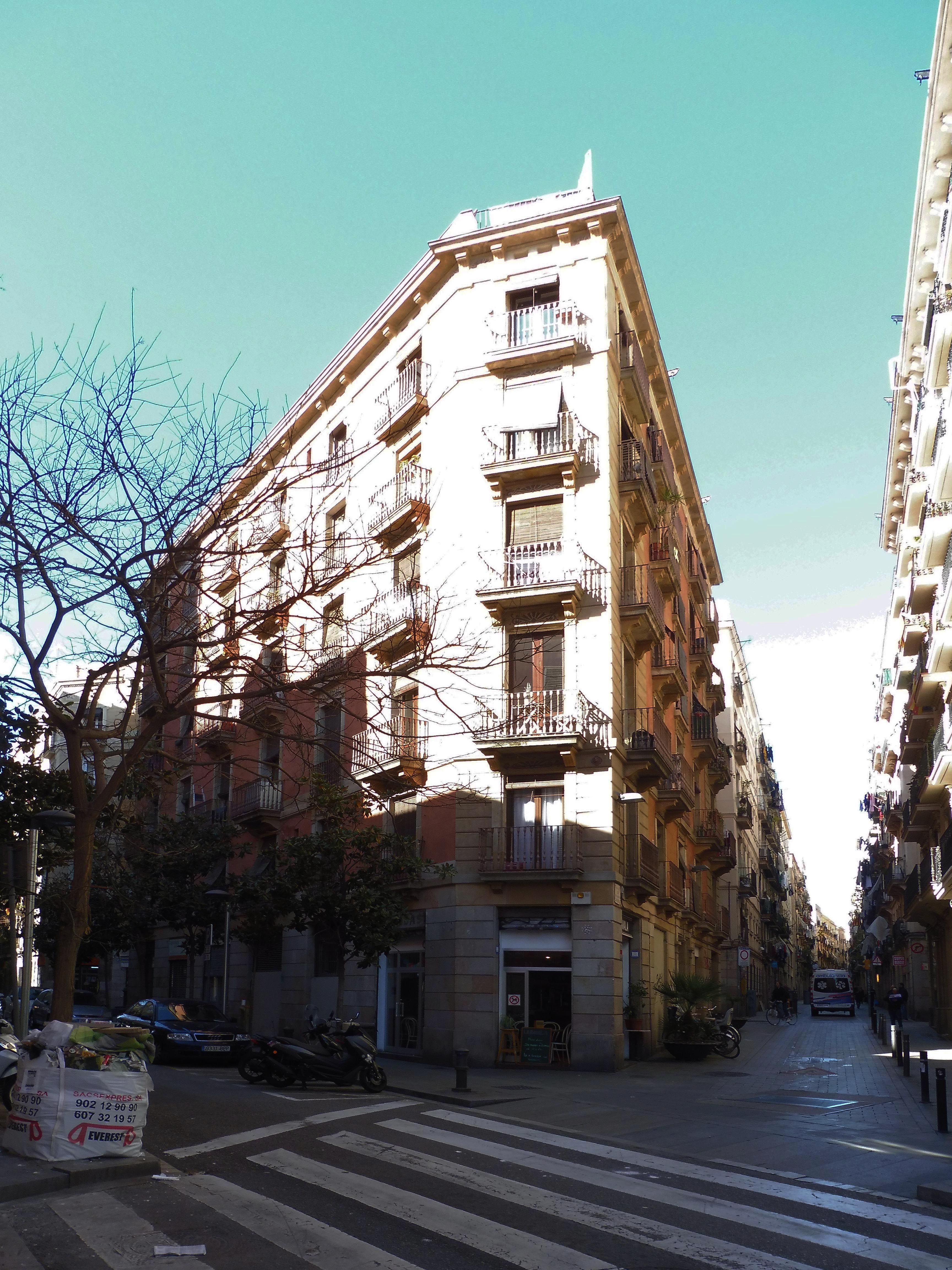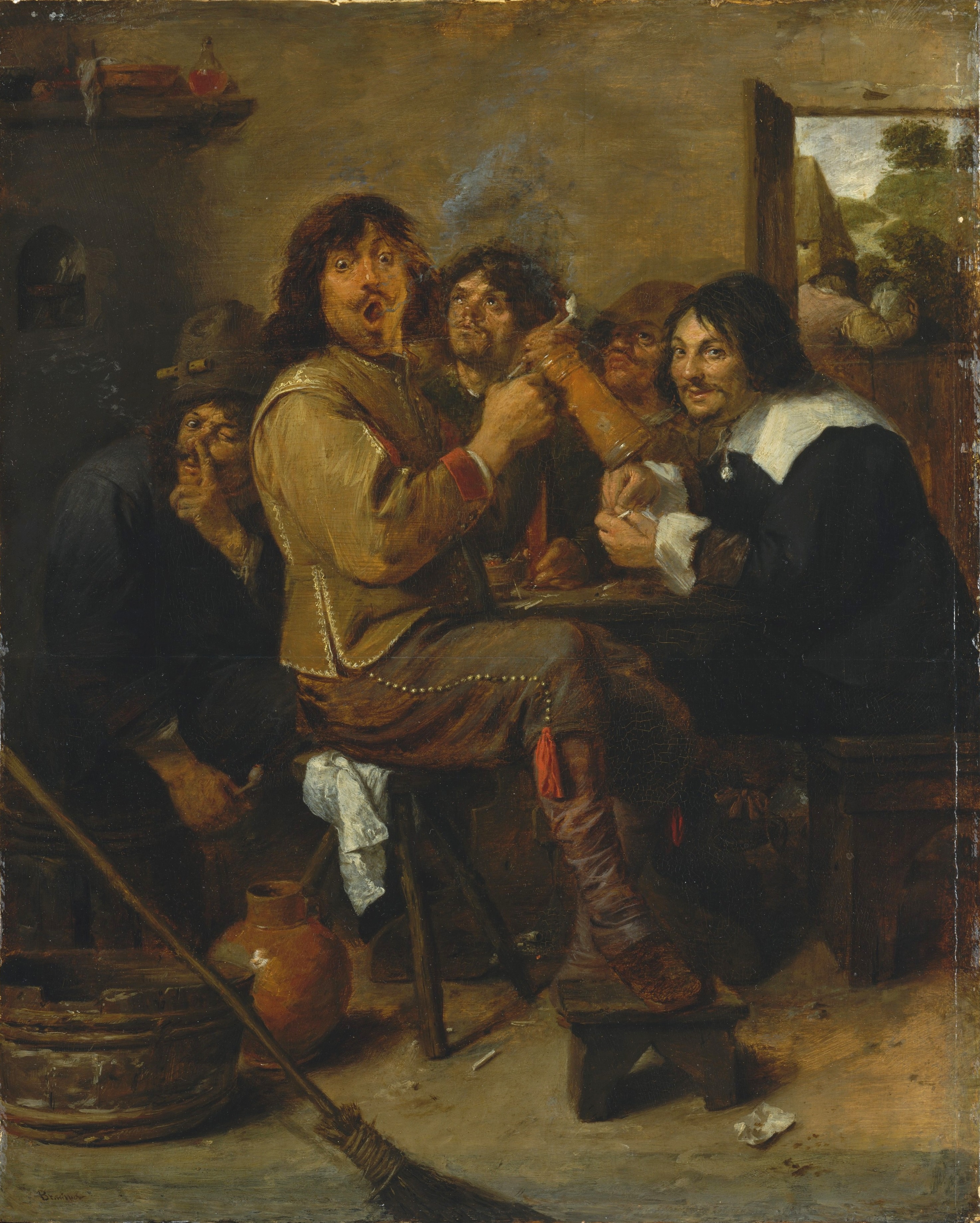|
Tre Borràs Cabacés
Teresa Borràs Cabacés (Reus, Spain, 25 July 1958), known in Spain as Tre Borràs or Dr. Tre, is a Spanish psychiatrist, psychotherapist, author and researcher, specializing in drug use and dependence and the responsible use of drugs. Biography After graduating from University of Rovira i Virgili, Borràs started working at the ''"Sant Joan de Deu"'' University Hospital of Reus, a medium-sized city in Tarragona province (Catalonia, Spain). She directed the service of mental health and substance use hosted by the Hospital between 1984 and 2023, and coordinated the municipality's plan of action on drugs (''Pla d'accions sobre drogues'') between 2004 and 2023. Borràs is known for her interdisciplinarity approach to drug use and dependence, and for pioneering a number of harm reduction services: * Opening of one of the first supervised injection sites in Europe, in 1999, * Creation of a peer-support network (ARSU, Associació Reus Som Útils), * Set-up of needle and syrin ... [...More Info...] [...Related Items...] OR: [Wikipedia] [Google] [Baidu] |
Reus
Reus () is the capital of Baix Camp, in Camp de Tarragona, Catalonia, Spain. The area has long been an important producer of wines and spirits, and gained continental significance during the time of the Phylloxera plague. Currently it is known for its commercial activity, as a center for rock climbing, and as the birthplace of architect Antoni Gaudí. Name The origin of the name ''Reus'' is a subject of debate. One of the theories is that Reus comes from the Latin word used to describe convict prisoners (''reus''), and as such, it would be a Roman penitentiary. Currently, the most accepted theory is that the name has Celtic languages, Celtic roots, from the root ''red'' that originated the name ''redis'' (or ''reddis''), that approximately meaning 'place on the way' or 'crossroads settlement', or said alternatively, an inhabited place in a cross-road. History Foundation and early history Around 1150 Robert d'Aguiló repopulated the region of Reus, after receiving it on 3 Ju ... [...More Info...] [...Related Items...] OR: [Wikipedia] [Google] [Baidu] |
Peer Support
Peer support occurs when people provide knowledge, experience, emotional, social or practical help to each other. It commonly refers to an initiative consisting of trained supporters (although it can be provided by peers without training), and can take a number of forms such as peer mentoring, reflective listening (reflecting content and/or feelings), or counseling. Peer support is also used to refer to initiatives where colleagues, members of self-help organizations and others meet, in person or online, as equals to give each other connection and support on a reciprocal basis. Peer support is distinct from other forms of social support in that the source of support is a ''peer'', a person who is similar in fundamental ways to the recipient of the support; their relationship is one of equality. A peer is in a position to offer support by virtue of relevant experience: he or she has "been there, done that" and can relate to others who are now in a similar situation. Trained peer ... [...More Info...] [...Related Items...] OR: [Wikipedia] [Google] [Baidu] |
Trans-European Drug Information
The Trans-European Drug Information (''TEDI'') project is a European database compiling information from different drug checking services located on the European continent. The non-governmental organizations feeding into the database are referred to as the TEDI network. History The first drug checking service in Europe opened in 1986 in Amsterdam, allowing drug users to analyze the chemical composition of illicit substances that they consume. In the following years, a number of nonprofit organizations present in various other drug scenes in several countries (including in Austria, France, Germany, the Netherlands, Portugal, Spain, and Switzerland) set up drug checking services. In 2011, a database was created for to centralize information from these services and allow for the sharing of alerts (for example on new adulterants in illicit substances or circulation of novel psychoactive substance) and the monitoring of drug markets across borders. Between 2008 and 2013, organizat ... [...More Info...] [...Related Items...] OR: [Wikipedia] [Google] [Baidu] |
Adulterant
An adulterant is a substance secretly added to another that may compromise the safety or effectiveness. Typical substances that are adulterated include food, cosmetics, pharmaceuticals or fuels. Definition Adulteration is the practice of secretly mixing a substance with another. The secretly added substance will not normally be present in any specification or declared substances due to accident or negligence rather than intent, and also for the introduction of unwanted substances after the product has been made. Adulteration, therefore, implies that the adulterant was introduced deliberately in the initial manufacturing process, or sometimes that it was present in the raw materials and should have been removed, but was not. An adulterant is distinct from, for example, permitted food preservatives. There can be a fine line between adulterant and Food additive, additive; chicory may be added to coffee to reduce the cost or achieve a desired flavor—this is adulteration if not de ... [...More Info...] [...Related Items...] OR: [Wikipedia] [Google] [Baidu] |
Drug Checking
Drug checking or pill testing is a way to Harm reduction, reduce the harm from drug consumption by allowing users to find out the content and purity of substances that they intend to consume. This enables users to make safer choices: to avoid more dangerous substances, to use smaller quantities, and to avoid dangerous combinations. Drug checking services have developed over the last twenty-five years in twenty countries and are being considered in more countries, although attempts to implement them in some countries have been hindered by local laws. Drug checking initially focused on MDMA users in electronic dance music events but the services have broadened as drug use has become more complex. These developments have been strongly affected by local laws and culture, resulting in a diverse range of services, both for mobile services that attend events and festivals and fixed sites in town centres and entertainment districts. For instance, staff may or may not be able to handle ille ... [...More Info...] [...Related Items...] OR: [Wikipedia] [Google] [Baidu] |
Metzineres
Metzineres (in full "''Metzineres - Environments of shelter for womxn who take drugs surviving violences''") is a nonprofit cooperative based in Barcelona, Spain, providing shelter for vulnerable and marginalized women and non-binary people who use drugs, including homeless people. The project was launched in 2017 and registered as a non-profit cooperative in October 2020. Services and activities Beyond essential health and harm reduction services, Metzineres includes services of cover basic needs such as shower, access to internet, hot meals, spaces for peer-support, modalities to engage with neighborhood communities, help to entrepreneurship, art and cultural activities, webradio, as well as a needle and syringe programme and a supervised injection site. Metzineres also engage in advocacy such as demands for heroin-assisted treatment. Because of barriers to access to healthcare and institutional gaps, marginalized women and non-binary persons who use illicit drugs may not ac ... [...More Info...] [...Related Items...] OR: [Wikipedia] [Google] [Baidu] |
Recreational Drug Use
Recreational drug use is the use of one or more psychoactive drugs to induce an altered state of consciousness, either for pleasure or for some other casual purpose or pastime. When a psychoactive drug enters the user's body, it induces an Substance intoxication, intoxicating effect. Recreational drugs are commonly divided into three categories: depressants (drugs that induce a feeling of relaxation and calmness), stimulants (drugs that induce a sense of energy and alertness), and hallucinogens (drugs that induce perceptual distortions such as hallucination). In popular practice, recreational drug use is generally tolerated as a social behaviour, rather than perceived as the medical condition of self-medication. However, drug use and drug addiction are Social stigma, severely stigmatized everywhere in the world. Many people also use prescribed and controlled depressants such as opioids, opiates, and benzodiazepines. What controlled substances are considered generally unlawful t ... [...More Info...] [...Related Items...] OR: [Wikipedia] [Google] [Baidu] |
Gender Studies
Gender studies is an interdisciplinary academic field devoted to analysing gender identity and gendered representation. Gender studies originated in the field of women's studies, concerning women, feminism, gender, and politics. The field now overlaps with queer studies and men's studies. Its rise to prominence, especially in Western universities after 1990, coincided with the rise of deconstruction. Disciplines that frequently contribute to gender studies include the fields of literature, linguistics, human geography, history, political science, archaeology, economics, sociology, psychology, anthropology, cinema, musicology, media studies, human development, law, public health, and medicine. Gender studies also analyzes how race, ethnicity, location, social class, nationality, and disability intersect with the categories of gender and sexuality.Healey, J. F. (2003). ''Race, Ethnicity, Gender and Class: The Sociology of Group Conflict and Change''. In gender studies, ... [...More Info...] [...Related Items...] OR: [Wikipedia] [Google] [Baidu] |



